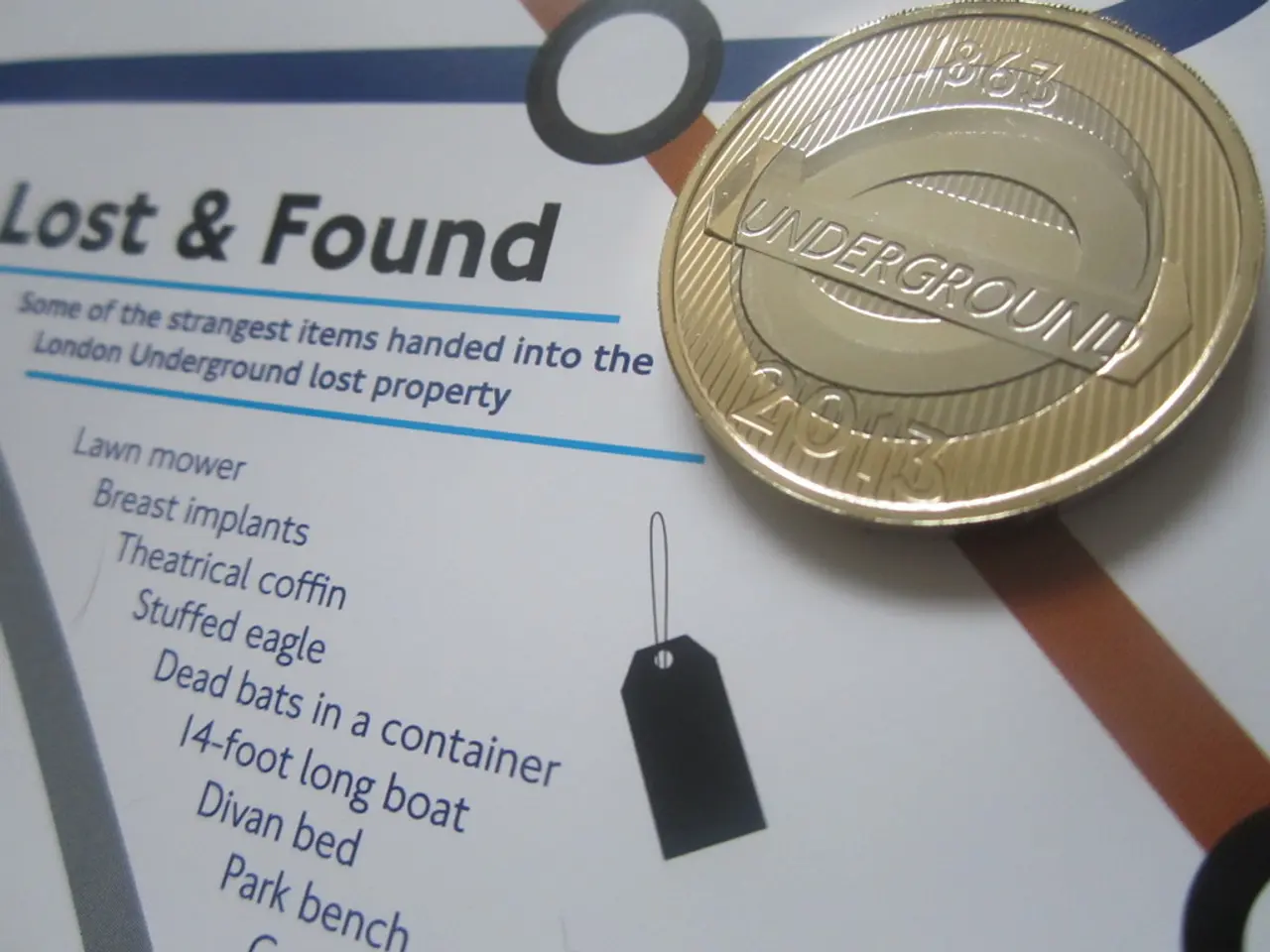Law Enforcement Clash with Digital Money: Europol Challenges Virtual Currencies
In a joint report, Europol and Eurojust have recognised the dual nature of digital currencies and encryption, acknowledging their potential as both tools for criminal activities and opportunities for modern investigative techniques.
**Digital Currencies:**
Cybercriminals are increasingly using cryptocurrencies for illicit transactions such as fraud, money laundering, and financing terrorism. In response, the European Commission has proposed measures to control online virtual currency platforms and end anonymity for pre-paid cards as part of its anti-money laundering and counter-terrorism financing efforts. The aim is to improve traceability and reduce the anonymity that makes digital currencies attractive for criminal activities.
**Encryption:**
While the report does not contain direct statements from Europol or Eurojust specifically on encryption, it is clear that the broader EU approach emphasises the need for cross-border cooperation and modern investigative tools to counter the challenges posed by advanced technologies, including those that involve encryption. The evolving threat landscape, especially as criminal networks use advanced technologies like AI and cryptocurrencies, underlines the need for law enforcement to adapt by leveraging data sharing, modern investigative techniques, and stronger international cooperation.
## New and Proposed EU Legislation
Recent legislative efforts focus on strengthening the EU’s anti-fraud architecture and enhancing the legal framework for countering cybercrime.
- **EU Anti-Fraud Architecture Review (2025):** The European Commission has launched a structured review to modernise protections for the EU budget against evolving threats, including those enabled by digital currencies and advanced technologies. This review aims to improve information collection, data sharing, access to data, and the use of technologies like AI in fraud detection and investigation. - **United Nations Convention against Cybercrime:** Adopted in December 2024, this convention (once ratified) will provide a global framework for addressing a range of cybercrime issues, likely including those involving digital currencies and encryption. While not EU-specific, Eurojust is active in promoting its implementation and supporting judicial cooperation in cybercrime cases. - **EMPACT Priorities (2022–2025):** The EU’s EMPACT program identifies cyberattacks and high-risk criminal networks as key priorities, reflecting the growing intersection of technology and crime, though specific new legislation on encryption is not detailed in the available results.
## Summary Table: Key EU Actions and Legislation
| Issue | Agency Stance/Activity | Recent/Proposed Legislation | |-----------------|------------------------------------------------------------|------------------------------------------------------| | Digital Currencies | Seen as tools for fraud, money laundering, terrorism financing; need for traceability and reduced anonymity emphasized[1][2]. | Anti-money laundering directives, controls on virtual currency platforms, review of EU Anti-Fraud Architecture[2][3]. | | Encryption | Recognized as a challenge; emphasis on cross-border cooperation and modern investigative tools[1][3]. | No specific new EU legislation cited in results; ongoing emphasis on international cooperation and tech-enabled investigations[1][3]. |
## Conclusion
Europol and Eurojust view digital currencies and encryption as significant challenges for law enforcement, necessitating updated legal frameworks, enhanced international cooperation, and the adoption of advanced technologies for detection and investigation[1][3]. The EU is actively reviewing its anti-fraud architecture to address these issues, and the new UN Cybercrime Convention promises to bolster global efforts[3][5]. However, specific new EU legislation directly targeting encryption remains underdeveloped in publicly available documents, with current focus on broader anti-fraud, anti-money laundering, and counter-terrorism financing measures[2][3].
Meanwhile, in the United States, Colorado has become the first state to accept cryptocurrency for tax payments, allowing individuals and businesses to utilise bitcoin assets to pay their tax obligations. This move is partly due to an incomplete transposition of international instruments to domestic legislation.
In Europe, members of the European Parliament are deliberating new legislation to end the anonymity of cryptocurrency and allow "competent authorities... to monitor the use of virtual currencies." The agencies claim that the widening criminal use of decentralised virtual currencies effectively prevents law enforcement from tracing funds and significantly complicates the possibilities for asset recovery and the prevention of fraudulent transactions. Despite the existence of international legislative instruments, differences in domestic legal frameworks prove to be a serious impediment to international criminal investigation and prosecution of cybercrime.
In line with the EU's evolving approach towards cybercrime, the proposed legislation aims to end the anonymity of cryptocurrencies, recognizing their potential role in illicit activities such as money laundering and terrorism financing. Simultaneously, fortifying the EU's anti-fraud architecture is underway to enhance data sharing and integration of advanced technologies like AI in fraud detection and investigation, thus combating the dual nature of digital currencies within the European Union's legislative framework.




